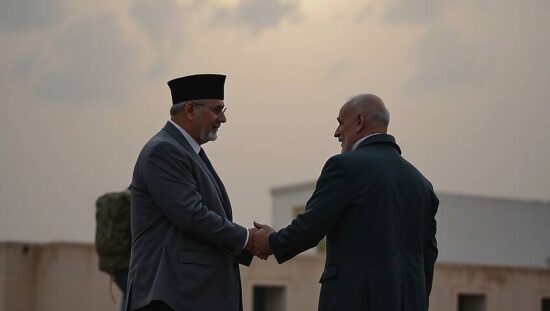The lessons from Afghanistan, according to the chair of the Enquete-Kommission, Derya Türk-Nachbaur, highlight the need for better cooperation among the relevant ministries. The SPD member of parliament told the Rheinische Post that the Enquete-Kommission has shown that diplomacy, development cooperation and defense must be better integrated – from political strategy to implementation. “What we don’t need are ministries working alongside one another”she said.
Türk-Nachbaur also emphasized the importance of a clear, joint strategy, including an exit strategy in cases where a mission is likely to fail. “We will sometimes encounter uncomfortable partners”she said. “But turning our backs on these countries would mean closing our eyes to the suffering of their people.”The chair suggested that, for example, humanitarian support in Afghanistan should be maintained and long-term development work with NGOs should be strengthened.
Regarding the Union’s proposal for a National Security Council, the chair expressed opposition, stating that security must be democratically controlled. “Decisions on overseas deployments belong in parliament, not behind closed doors”she said. “In uncertain times, transparency and parliamentary control are more important than ever – we say no to more power for the chancellery at the expense of democracy.”The Enquete-Kommission’s final report on “Lessons from Afghanistan”is set to be presented on Monday, with a Bundestag debate scheduled for Friday.





